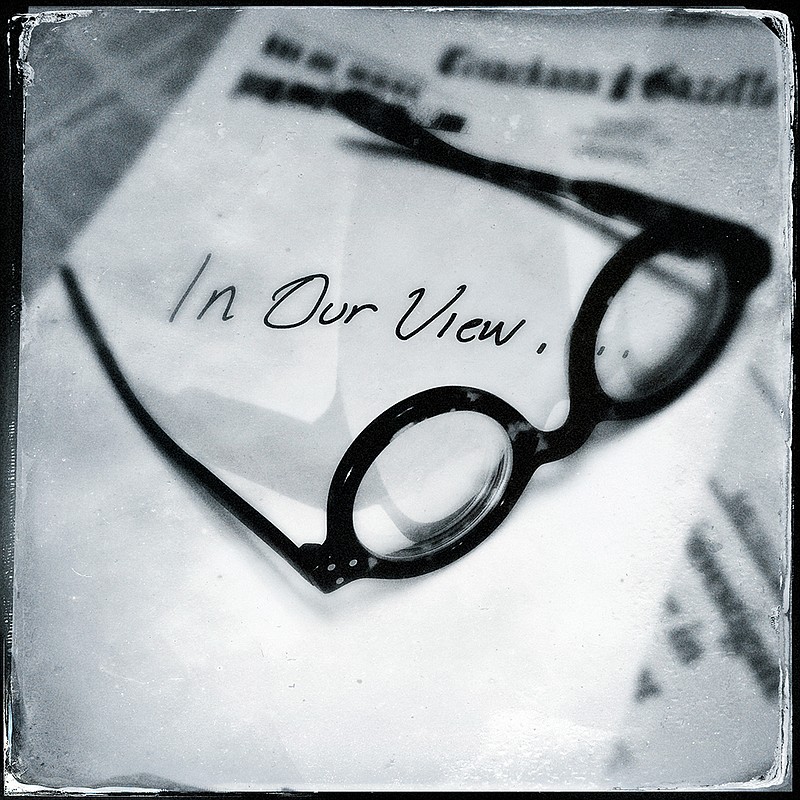I
t was back in 1981 that the National Coalition Against Domestic Violence sponsored the first Day of Unity to help those who suffer at the hands of spouses or intimate partners.
But one day wasn't enough and the event quickly became a weeklong observance, marked in many locations across the country.
By 1987, the movement had gone nationwide and, for the first time, October was designated as Domestic Violence Awareness Month.
Congress recognized the month in 1989, and since then every October has been proclaimed as a time to educate the public about domestic violence and raise awareness of the help available to its victims. It's also a time to honor the strength and courage of those who break the cycle and build a new life for themselves.
Domestic violence is not just a problem of the poor or uneducated, as some might think. It affects those in every walk of life. Anywhere from a million to as many as six million people are victims of such abuse every year.
The cost in dollars from lost work, police investigations and medical care tops $5 billion per year. The costs in human suffering cannot be measured in mere dollars.
In his proclamation for this year's observance, President Barack Obama spotlighted the key reasons why the month is so important.
"Too many individuals, regardless of age, ability, sex, sexual orientation, gender identity, circumstance, or race, face the pain and fear of domestic violence. During National Domestic Violence Awareness Month, we shine a light on this violation of the basic human right to be free from violence and abuse, pledge to ensure every victim of domestic violence knows they are not alone, and foster supportive communities that help survivors seek justice and enjoy full
and healthy lives," he wrote.
The problem is that in many cases domestic abuse goes unreported. Sometimes it's because of fear, sometimes because of shame.
That must change. Domestic violence doesn't just mean bruises, broken bones and shattered minds. Thousands of victims die each year in domestic violence incidents.
If you have been the victim of domestic violence, or know someone who has, it's important to contact local authorities. There is also help available from the National Domestic Violence Hotline at 1-800-799-SAFE, or by visiting www.thehotline.org.
No one should have to live with domestic violence. And not one more victim should have to die.

